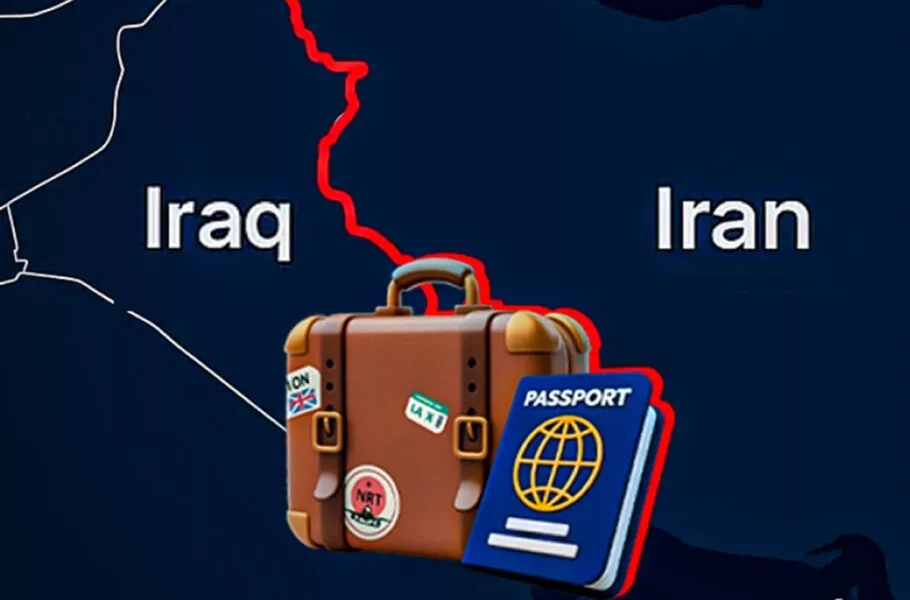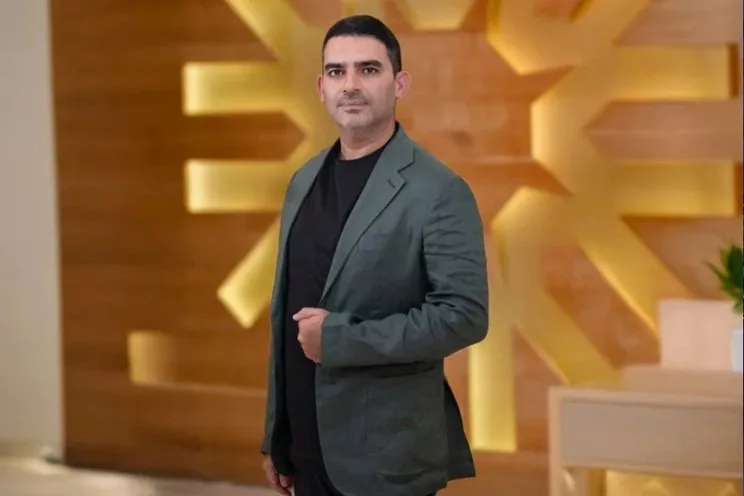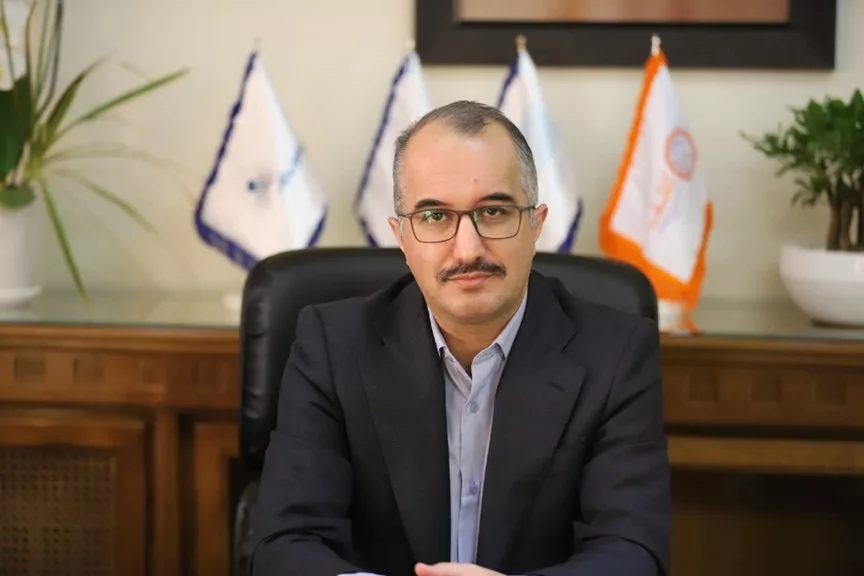
Will Iran’s Startup Ecosystem Thrive in Iraq? The Exodus of Investments
Iranian startups face challenges at home as founders shift their focus toward investments in neighbouring countries, such as Iraq.
For years, capital has been flowing out of Iran’s startup ecosystem. Both investors and entrepreneurs are increasingly directing their funds and resources abroad, particularly to neighbouring Arab countries. Founders of major Iranian startups like Sarava, Tapsi, and AloPeyk are among those who have taken this path. According to Ali Abdollahi, a digital economy expert, economic instability and infrastructure challenges are key reasons behind the lack of appeal in Iran’s domestic startup ecosystem. This trend not only diminishes the financial capacity of startups but also weakens the hope and motivation of new entrepreneurs.
Sarava Founder Invests in Iraqi Startups

In recent years, economic conditions in Iran have pushed many investors to explore opportunities abroad, particularly in neighboring Arab countries. One such example is Saeed Rahmani, founder of Sarava, who has partnered with Mohammad Al-Hakeem, former CEO of Careem in Iraq and Jordan, to establish EQIQ, a venture capital fund based in Abu Dhabi. This fund primarily focuses on investing in Iraqi startups.
To date, EQIQ has invested approximately $8.5 million in five startups operating in e-commerce, logistics, and fintech sectors. The fund is now raising an additional $15 million, which will increase its total size to $30 million if successful.
In an interview with Wamda, Rahmani highlighted Iraq’s high potential for innovation. He previously served as the founder and CEO of Sarava Holding, which exited investments in Digikala and Hezardastan Group (the parent company of Divar) last year.
AloPeyk Co-Founder Pursues New Ventures in Iraq

Another notable example is Boxi, a startup co-founded by Mehrshad Pezeshk, an experienced entrepreneur and co-founder of AloPeyk. After securing $1.5 million from EQIQ (Rahmani’s venture fund), Boxi officially launched its operations in Iraq.
Boxi aims to streamline Iraq’s logistics market by creating an intelligent platform that integrates over 1,500 local courier companies. Using artificial intelligence algorithms, businesses can instantly select the most efficient delivery option for their orders while optimizing operations.
EQIQ not only acts as an investor but also plays a co-founder role for Boxi. Leveraging its experience and management team’s expertise, EQIQ aims to position Boxi as a cornerstone of Iraq’s digital infrastructure and e-commerce sector.
Snapp and Tapsi Founders Expand Abroad

Milad Monshipour, founder of Tapsi, has also ventured into global markets with his new startup AIR Prop. Headquartered in Dubai, AIR Prop is building the region’s first AI-powered real estate advisory platform after securing $20 million in funding from Unique Properties.
Similarly, Snapp founders Mahmoud Fouz and Eyad Al-Qassar co-founded Qlub in Dubai alongside five other partners in 2021. Qlub is a mobile-based platform that allows users to view menus, place orders, and make payments at cafes and restaurants. By 2022, Qlub had raised $17 million in its first funding round; another $25 million followed in 2023. The platform is now operational across multiple countries including the UAE, Saudi Arabia, Singapore, Hong Kong, Qatar, Kuwait, Brazil, South Korea, Australia, and Malaysia. Recently it completed a new funding round worth $30 million.
A Reversed Trend: From Growth to Exodus
The outflow of capital from Iran’s startup ecosystem is not just a recent phenomenon but part of a long-term trend rooted deeply in the country’s economic policies and political landscape. This situation marks a stark contrast to the thriving environment seen just a decade ago.
During those years, often referred to as the golden age for Iranian startups, domestic investors were more willing to take risks on innovative ideas. This boldness gave rise to major players like Digikala, Snapp, Cafe Bazaar, and Divar within Iran’s startup ecosystem.
However, things began to deteriorate due to economic pressures such as sanctions combined with internal challenges like bureaucratic hurdles. Events like attacks on Sarava's office in May 2018 or smear campaigns against startups only exacerbated the situation.
As trust erodes among investors today - and with no clear solutions on the horizon - many wonder why Iranian investors increasingly prefer foreign markets over domestic opportunities.
Key Drivers Behind Capital Flight from Iranian Startups

Ali Abdollahi explains that there are two main factors driving this exodus: economic instability and infrastructure issues.
“The biggest obstacle is the lack of macroeconomic stability,” he said. “Innovation inherently involves uncertainty; however when you add extreme currency fluctuations along with frequent changes in monetary policies or government officials managing economic affairs, it creates an intolerable level of risk for entrepreneurs.”
Additionally, Abdollahi pointed out that Iran's limited domestic market - with its population around 90 million - hinders significant growth opportunities for companies looking at regional or global expansion. Sanctions, coupled with financial restrictions like FATF compliance, further compel startups towards registering abroad where they can operate without such limitations.
Infrastructure Challenges Compound Economic Struggles
Beyond economics lie critical infrastructural deficiencies affecting innovative businesses even more acutely than traditional ones: frequent power outages; inadequate software/hardware systems; difficulties importing advanced equipment like GPUs used extensively within AI-related activities, alongside severe internet restrictions, all contribute towards making conditions increasingly challenging domestically compared to globally stable environments offering better prospects.
"If these trends continue unchecked," cautioned Abdollahi ,"the consequences could be devastating not just financially but socially too since young aspiring entrepreneurs lose hope seeing successful ones migrate instead choosing greener pastures elsewhere." He concluded emphasizing reforms addressing systemic barriers must occur swiftly ensuring sustainable development future-proofing Iran's burgeoning digital economy .












